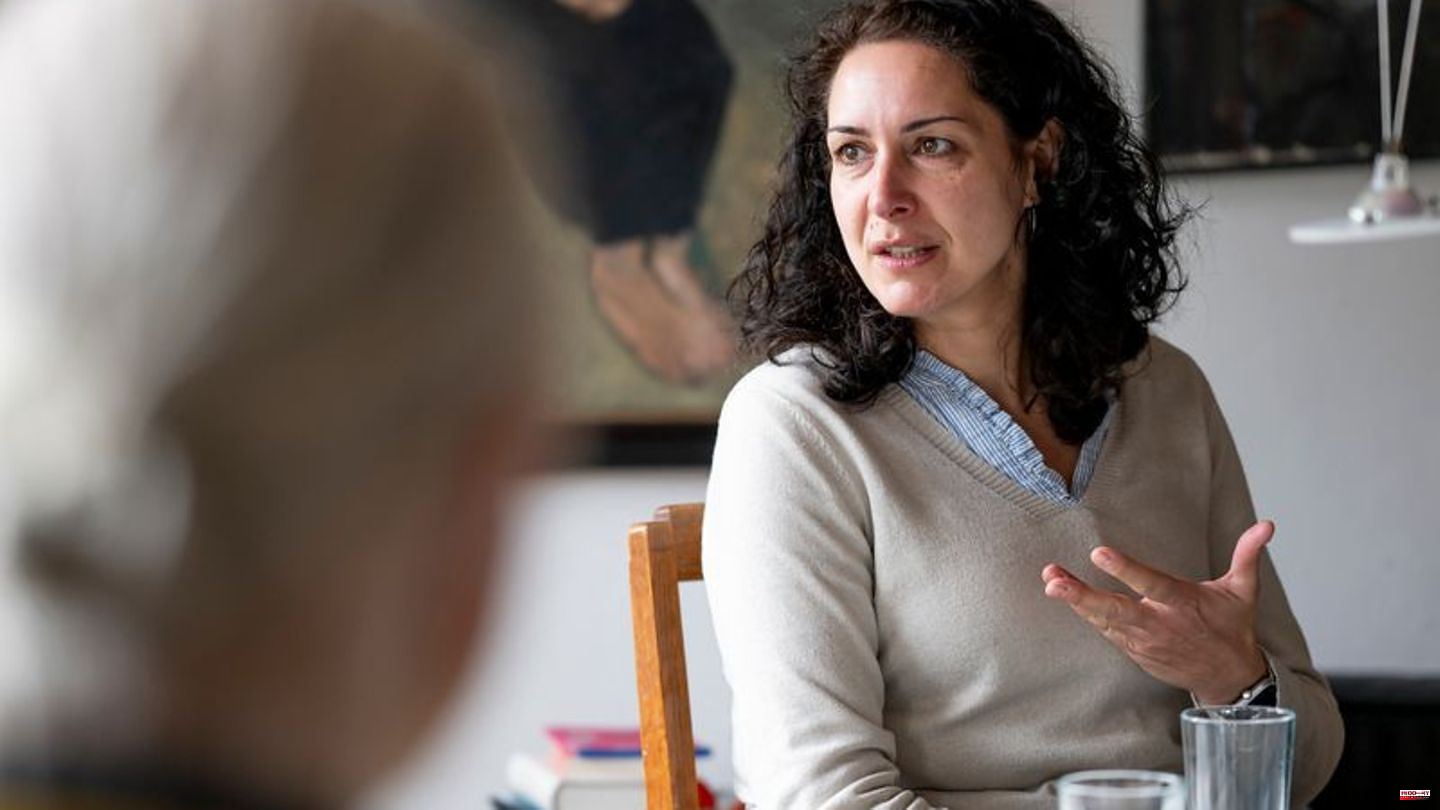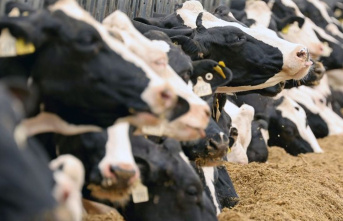When Anna König (name changed) talks about her daughters, her eyes light up. She talks about the classmates who regularly populate her dinner table. From little love letters, spontaneous craft activities, but also difficult moments and problems at school. "We love our daughters. And I don't think biological parenthood is necessary to be connected to a child."
König is one of tens of thousands of foster mothers in Germany who master the sometimes challenging everyday life with foster children. We are currently desperately looking for people like her.
“The need for suitable private families who can take a child into care temporarily or permanently is clearly increasing,” says Ulrike Schulz, chairwoman of the Federal Association of Foster and Adoptive Families. She estimates that around 4,000 new families are missing every year. Many foster parents in the baby boomer cohorts are retiring, and too few are coming. The German district council also reports a shortage of foster families. Family conditions are becoming increasingly difficult, the number of cases in inpatient accommodation and the number of potential foster children is increasing, according to a spokesman.
According to the Federal Statistical Office, 86,000 young people lived in foster families in 2022. That was significantly more than ten years earlier, but less than in the years after 2015, when many unaccompanied minor refugees came to Germany. Around one in five foster children has experienced physical or psychological abuse or sexual violence. In another 15 percent, the youth welfare offices assumed parents were overwhelmed. There are no figures available for 2023 yet.
Foster mother König speaks of the “backpack packed with stones” that foster parents have to deal with when taking in a child. "There are a lot of experiences there. And it's about thinking about: What does the child need for good development and how can we create a safe place here?" Their everyday family life also differs from the everyday lives of other families. "We have a lot more to do with insecurities, fears and impulses. That also makes it a little more challenging."
When children are taken from their families, they experience a break in their attachment despite negative experiences, explains psychologist Ina Bovenschen from the German Youth Institute. "The most important factor is what happens after the change - that is, what the foster parents offer. They are crucial for the development of the bond." Most foster children manage to build secure relationships.
The demands on prospective foster parents are correspondingly high, explains Silvia Viernickel from the youth welfare office in Erfurt. “We have to be very sure that the families can offer a very firm commitment.” The consultation and review process in advance takes around nine months. During the placement, careful attention is paid to ensuring that the child and the family are a good fit. Conversely, this also means that some families have to wait longer for a foster child - and at the same time the need for new parents remains high. The youth welfare office is currently looking for a suitable family for around ten children.
Not all wounds can be healed
But even if parents and child are a perfect match, not all wounds can be healed, as psychologist Bovenschen explains: "We are concerned about the extent of attachment disorganization that we see in foster children." This is a risk factor for psychological problems. These could manifest themselves in the form of fear, withdrawal, depressive moods, but also aggressive or antisocial behavior. Studies have shown that some foster children are affected by this despite positive experiences in foster families. “The negative previous experiences seem to have a longer-term effect here.” In some cases, foster children do not seek comfort when faced with stress or are distant or overly friendly with strangers.
Bovenschen demands that there is a general need for more advice: "There is currently a gap in provision. And that is also why it is difficult to find families who are dedicated to this task." Your institute is currently planning a Germany-wide offer.
Ulrike Schulz from the Federal Association of Foster and Adoptive Families would like to see nationwide minimum standards for services for foster families. There are committed and innovative public and private providers, but also providers where foster families do not feel valued and well looked after. When looking for foster parents, politicians and youth welfare services also expressed public recognition - but these are often just "Sunday speeches".
There is also a financial aspect: Anyone who looks after foster children has to be prepared for less income and pension benefits, explains Schulz. Many federal states base their payment of care allowance on the recommendations of the German Association. For 2024, the association proposed around 1,151 euros in lump sums for children up to the age of six, around a quarter more than in 2023. That is a start, but not enough, said Schulz. The association is therefore calling for foster parent allowance in addition to the nursing allowance. For the municipalities, accommodation with foster families is also significantly cheaper than in homes, as Silvia Viernickel from the Erfurt Youth Welfare Office explains: "For a place in a home we are talking about around 200 euros a day - and the trend is rising."
But money shouldn't be a motivation anyway, says foster mother Anna König. "If you have a job, an income and a stable living situation, then it's great if you can share that." Children have a lot of great potential. "It's like a treasure hunt and treasures can be discovered in every child."












